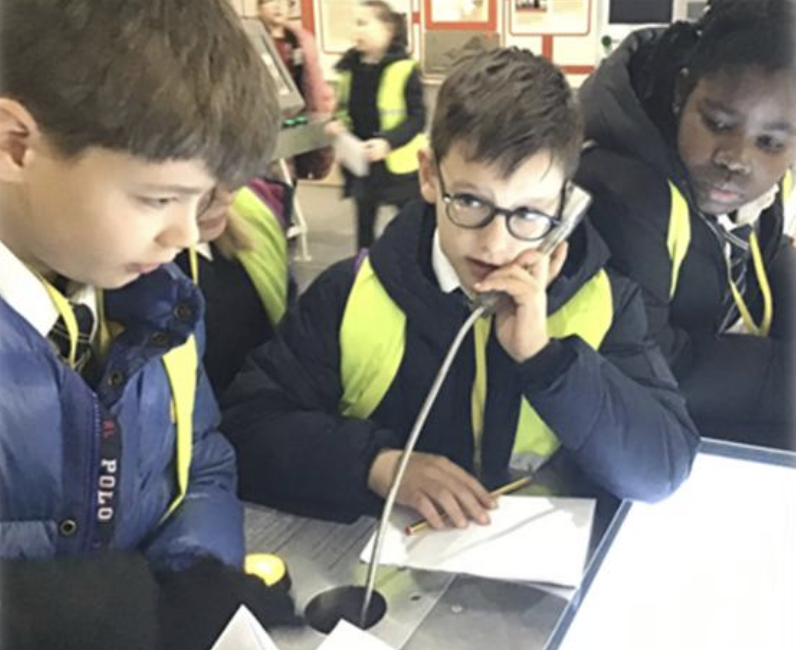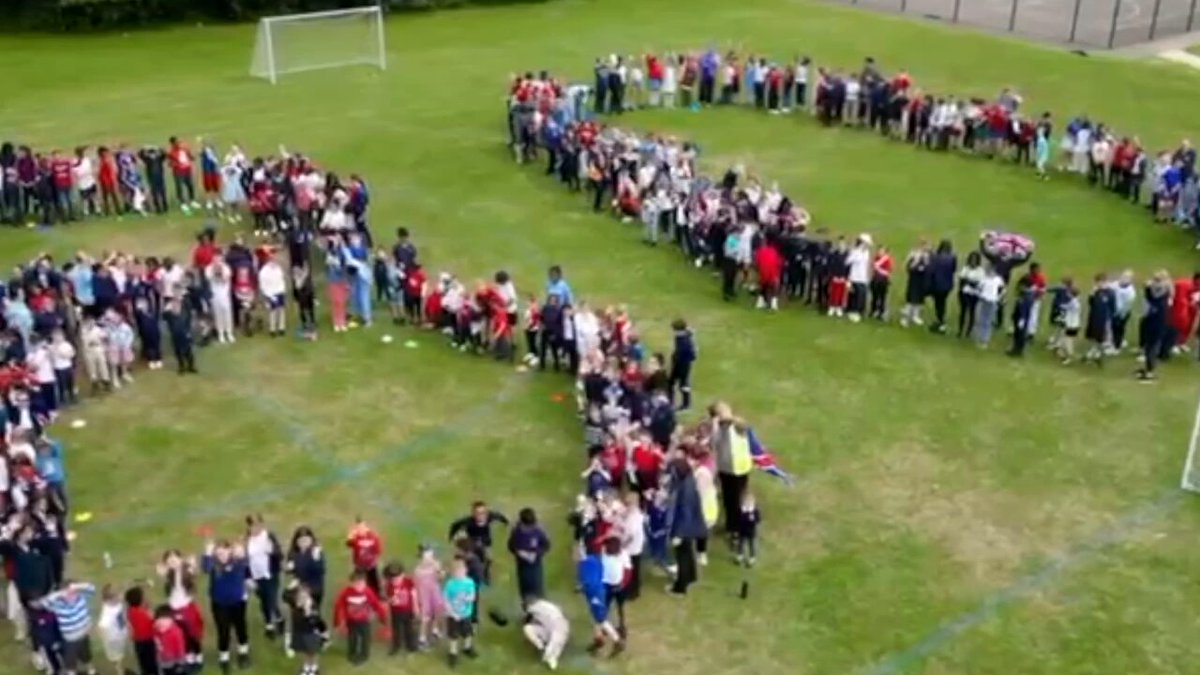EYFS
Freshwaters Primary Academy offers a curriculum which is broad and balanced and which promotes the spiritual, moral, cultural, mental and physical development of pupils at the school and of society. Our curriculum prepares pupils for the opportunities, responsibilities and experiences of life in the 21st century. Our curriculum comprises all learning and other experiences that we plan for our pupils. The national curriculum forms one part of the school curriculum. In addition to the national curriculum, we make provision for a daily act of collective worship and teach religious education, personal, social, health and economic education (PSHE) and sex and relationships education (SRE) to pupils at every key stage.
At Freshwaters, we follow the statutory national curriculum which sets out in programmes of study, on the basis of key stages, subject content for those subjects that are taught to all pupils.
The Early Years Curriculum
The Early Years curriculum comprises seven areas of learning covering each Early Learning Goal (ELG). To reach a Good Level of Development (GLD), pupils must achieve at least expected levels in the prime areas and in literacy and mathematics by the end of the Reception year.
The prime areas of learning:
- communication and language
- physical development
- personal, social and emotional development
The specific areas of learning:
- literacy
- mathematics
- understanding the world
- expressive arts and design
Characteristics of effective learning:
- playing and exploring
- active learning
- creating and thinking critically
Assessments are based primarily on observation of daily activities and events. Teachers and EYFS co-educators note in particular the learning which a pupil demonstrates spontaneously, independently and consistently in a range of contexts. Accurate assessment takes account of a range of perspectives including those of the pupil, parents and other adults who have significant interactions with the pupil.
For each ELG, teachers and EYFS co-educators judge whether a pupil is meeting the level of development expected at the end of the Reception year (expected), exceeding this level (exceeding), or not yet reaching this level (emerging).
Inclusion
At Freshwaters, we set high expectations for every pupil. We plan challenging work for pupils whose attainment is significantly above the expected standard. We carefully plan lessons for pupils who have low levels of prior attainment or come from disadvantaged backgrounds. We use a range of assessments to set targets which are deliberately ambitious.
All pupils are valued and are entitled to equality of educational opportunity. We take account of our duties under equal opportunities legislation that covers race, disability, sex, religion or belief, sexual orientation, pregnancy and maternity, and gender reassignment.
We work with families and specialists to identify pupils who may have special educational needs, some of whom also have disabilities. Lessons are planned to ensure that there are no barriers to every pupil achieving. The SEN Code of Practice includes advice on approaches to identification of need and outlines what needs to be done for them.
With the right teaching that recognises their individual needs, many disabled pupils may have little need for additional resources beyond the aids which they use as part of their daily life. We plan lessons so that these pupils can study every national curriculum subject.
We take account of the needs of pupils whose first language is not English. Monitoring of progress takes account of the pupil’s age, length of time in this country, previous educational experience and ability in other languages.
Page Downloads
- Early Learning Goals
- Reading Spine - EYFS
- Curriculum Overview 2024-2025 (Word Document)
- Freshwaters EYFS Curriculum 2024-2025
- EYFS Communication & Language
- EYFS Literacy
- EYFS Mathematics
- EYFS Personal, Social, Emotional Development
- EYFS Physical Development
- EYFS Understanding the World
- EYFS Expressive Art & Design
- EYFS Reading Guide for Parents
- EYFS Writing Guide for Parents

























